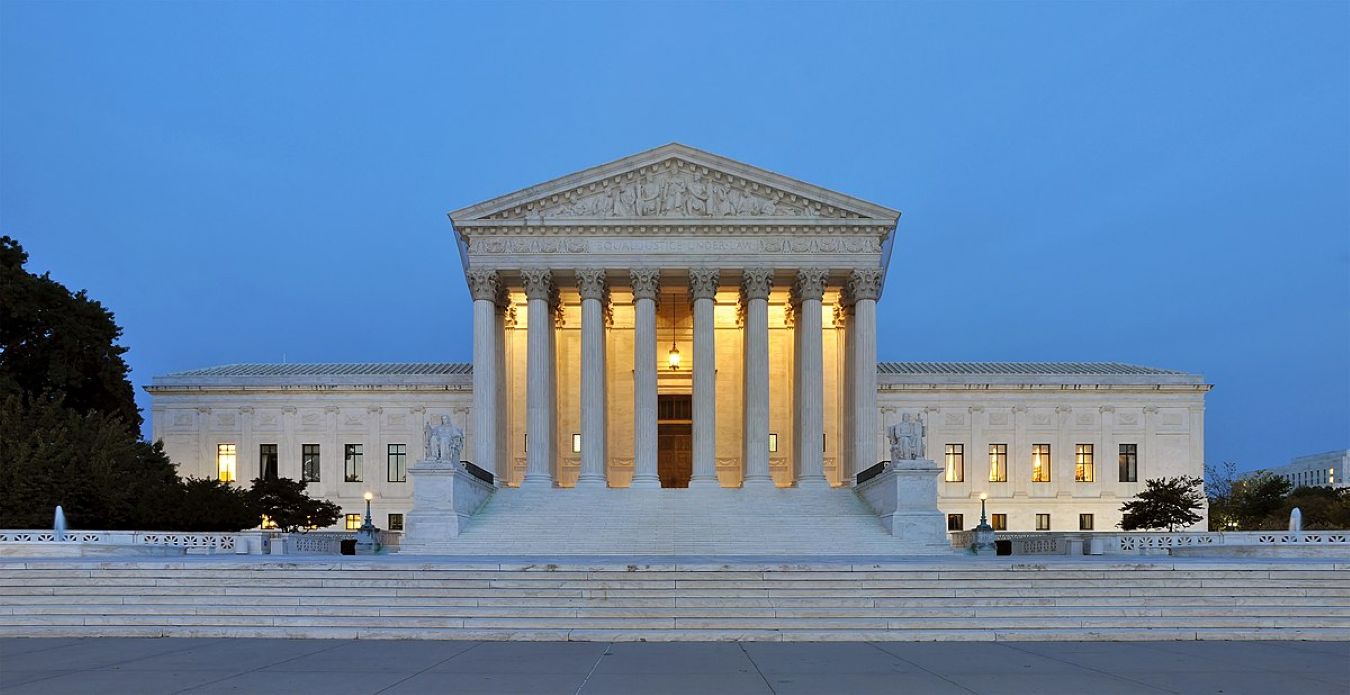
In a stunning Thursday ruling, the U.S. Supreme Court declined to nullify an Oklahoma Supreme Court decision blocking the establishment of the nation’s first public religious charter school. The final vote was deadlocked at 4-4, with Associate Justice Amy Coney Barrett recusing herself from the case.
The high court did not offer a written opinion on the matter or disclose which way each justice ruled.
The case first came to fruition in fall 2023, when the Oklahoma Statewide Charter School Board entered into a contract with St. Isidore of Seville Catholic Virtual School. The agreement made the latter the “first religious public virtual charter school in the nation,” according to The Federalist Society.
The established contract prompted Oklahoma Attorney General Gentner Drummond, a Republican, to sue the Statewide Charter School Board in the state Supreme Court, in which he alleged that the board’s sponsorship of St. Isidore is “unlawful” because “Oklahoma’s Constitution disallows sectarian control of its public schools and the support of sectarian practices—indirect or otherwise.” The Sooner State’s high court agreed with Drummond, nullifying the contract on the grounds that it violated the Oklahoma Constitution and the U.S. Constitution’s establishment clause.
The Trump administration supported the State Board and St. Isidore in the case.
While it’s unclear how each participating justice ruled in Thursday’s decision, SCOTUS’s Democrat appointees appeared willing to side against plaintiffs during oral arguments last month. Meanwhile, several of the high court’s Republican appointees signaled support for the school.
During his line of questioning, Associate Justice Brett Kavanaugh repeatedly stressed the point that while government “can’t favor one religion over another in approving or allowing charter schools,” it also cannot favor secular institutions over sectarian ones.
“Our cases have made very clear … you can’t treat religious people and religious institutions and religious speech as second-class in the United States. And when you have a program that’s open to all comers except for religion … that seems like rank discrimination against religion, and that’s the concern that I think you need to deal with here,” Kavanaugh told Gregory Garre, who argued the case on behalf of Drummond’s office.
Chief Justice John Roberts, who was seen as a pivotal swing vote, was seemingly the least vocal justice in the case’s oral arguments. It is not currently known how the Bush appointee voted on the matter.
It’s worth noting that Thursday’s decision from the Supreme Court does not establish a nationwide precedent over the establishment of public religious charter schools. As noted by the left-wing SCOTUSblog, “The Oklahoma court’s decision only applies in Okla., so the question of religious public charter school[s] could come back up to the justices from another state.”
Shawn Fleetwood is a staff writer for The Federalist and a graduate of the University of Mary Washington. He previously served as a state content writer for Convention of States Action and his work has been featured in numerous outlets, including RealClearPolitics, RealClearHealth, and Conservative Review. Follow him on Twitter @ShawnFleetwood


